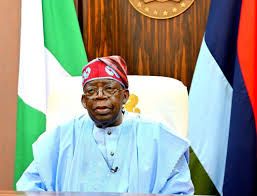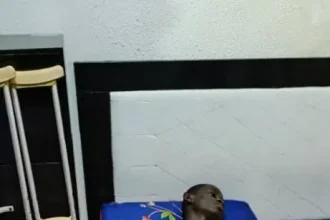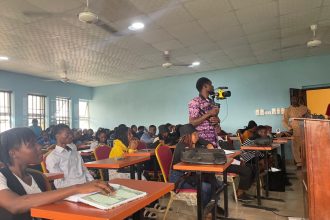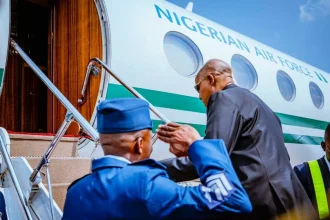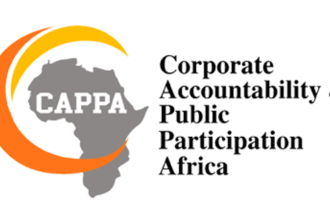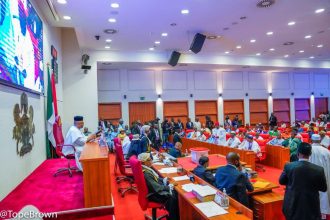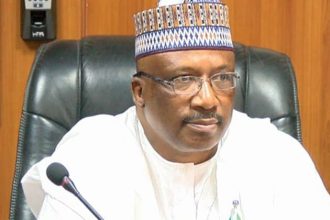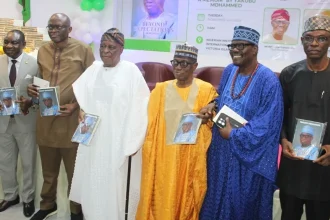The Independent Media and Policy Initiative (IMPI), a policy think tank, has said that the poverty reduction initiatives introduced by the administration of President Bola Tinubu surpass those of previous governments in both design and impact.
In a policy statement signed by its Chairman, Dr. Omoniyi Akinsiju, IMPI stated that the Tinubu administration’s poverty reduction measures are more comprehensive and multi-sectoral, making them more likely to deliver sustainable results.
According to the statement, unlike the “one-size-fits-all” poverty alleviation schemes of previous administrations, the current policies are institutionalized programmes tailored to different categories of Nigerians.
“President Tinubu’s poverty reduction tools are expansive and designed to tackle the root causes of poverty. They represent a shift from isolated interventions to coordinated, multi-sectoral programmes that can reach a broader spectrum of Nigerians,” IMPI said.
The think tank recalled that past administrations—such as those of former Presidents Olusegun Obasanjo and Goodluck Jonathan—implemented programmes like the Directorate for Food, Roads and Rural Infrastructures (DFRRI), National Directorate of Employment (NDE), Better Life Programme (BLP), People’s Bank of Nigeria (PBN), Community Banks (CB), Family Support Programme (FSP), Family Economic Advancement Programme (FEAP), and National Poverty Eradication Programme (NAPEP).
IMPI, however, noted that these initiatives often failed to achieve long-term impact.
“The Obasanjo administration’s NAPEP, for instance, introduced schemes such as the ‘Keke NAPEP’ project, but it barely contributed to long-term poverty reduction,” the statement added.
The group also acknowledged that the Muhammadu Buhari administration made significant strides in institutionalizing anti-poverty efforts through the National Social Investment Programme (NSIP), which included the N-Power, Government Enterprise and Empowerment Programme (GEEP), Conditional Cash Transfer (CCT), and the National Home-Grown School Feeding Programme (NHGSFP).
However, IMPI emphasized that President Tinubu’s administration has taken the fight against poverty further by expanding existing schemes and introducing new, targeted initiatives.
Among these are the subsidized dialysis programme, which slashes the cost of dialysis sessions in federal hospitals from ₦50,000 to ₦12,000, and agricultural microfinance schemes offering up to ₦100,000 per farmer under the revitalized FarmerMoni initiative.
Other interventions include an expanded Home-Grown School Feeding Programme targeting 20 million children, a ₦32,000 monthly pension increase for federal retirees under the Contributory Pension Scheme, and the Tertiary Institutions Staff Support Fund (TISSF) to enhance welfare and training for university and polytechnic staff.
The administration has also introduced the Creative Economy Development Fund (CEDF), offering grants and loans up to $100,000 for creative entrepreneurs; a national skills development initiative to connect 20 million young Nigerians to jobs by 2030; and the World Bank-supported Innovation Development and Effectiveness in the Acquisition of Skills (IDEAS) programme to train 30,000 youths in 36 skill areas.
Additionally, the Digital Access and Livelihood Initiative (DALI) is designed to create a talent pipeline linking digital training to guaranteed jobs or enterprise opportunities.
“Our analysis shows that multidimensional poverty can only be effectively tackled through a multi-pronged policy approach. The Tinubu administration’s integrated strategy reflects a clear understanding of that reality,” the IMPI concluded.
Please follow and like us:


